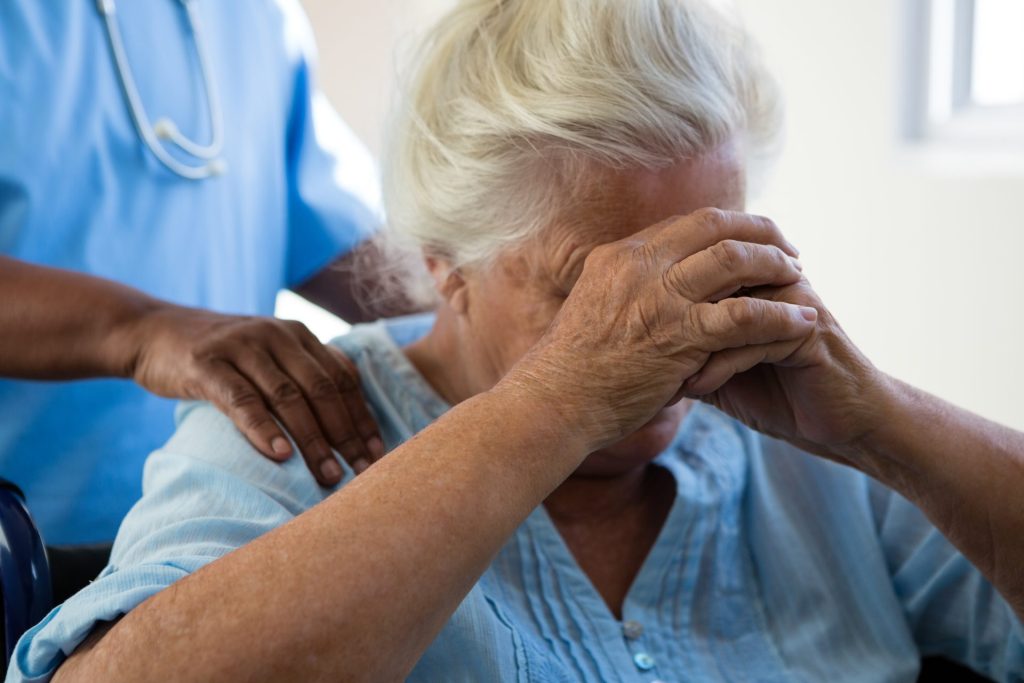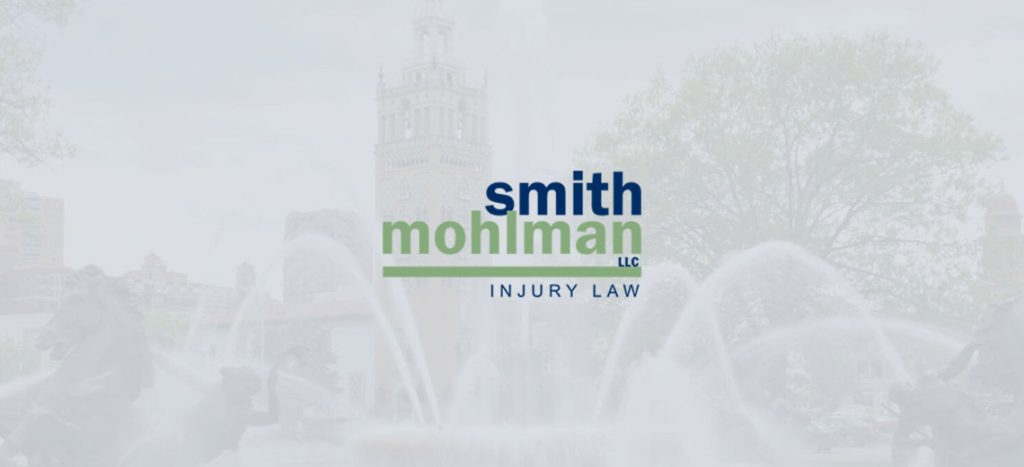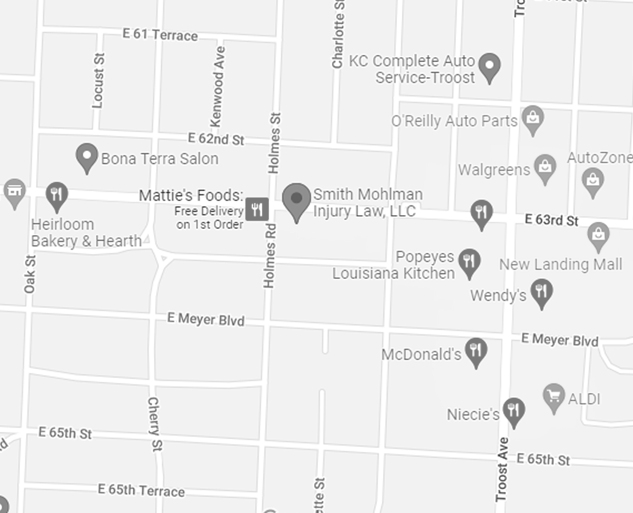Can I Sue My Landlord for a Slip and Fall?
You can sue your landlord for a slip-and-fall accident on their property if you prove the landlord was negligent. You must also show that the negligence was the cause of your injury.
Proving liability is complex, but skilled lawyers from a personal injury law firm in Kansas City can help you fight for your rights and help you pursue compensation.
When is a Landlord Considered Negligent?
Many apartment slip and fall accidents happen as a result of negligence by the landlord. Negligence occurs when there is a failure to maintain a property in a suitable condition or address situations that could cause accidents. Unfortunately, when an accident happens, you may have to deal with the stress of recovery and the pain of the accident.
Besides, there are also medical bills to take care of, which may escalate depending on the extent of the injuries. To receive compensation, you must show that the landlord failed to exercise a reasonable standard of care and their negligence led to your injuries.
Ensure you work with compassionate legal support for premises accidents in Kansas City to help you prove your case. Skilled lawyers can help you prove the following factors to show the landlord’s negligence:
Knowledge of Potential Danger
When a landlord is aware of dangerous conditions within the property, they must inform the tenants, even if the conditions are hidden or not obvious. Such conditions include uneven floors or a basement access door located under a rug. A landlord should put up warning signs about the danger to inform the tenants and other occupants of the potential threat.
Control Over Dangerous Conditions
The law requires property owners to maintain their properties in good condition to ensure the safety of the occupants. Your landlord might be held liable for the injuries you sustain if they didn’t maintain or repair the issue that led to your injuries.
For example, if you’re injured after falling on a broken stair in a common area within the apartment, the landlord may be held liable for the injuries. That’s because they must maintain the areas shared by the tenants.
Foreseeability of an Accident
Your Kansas City premises liability attorney can help you prove that your landlord should have foreseen the probability of an accident due to a factor that could have caused an injury. For example, the landlord should be responsible for a loose handrail on a stairway. Your landlord could be liable if you sustained injuries after falling off the stairs due to a faulty handrail.
However, the court won’t hold the property owner liable for freak accidents. For example, if you quote peeling wallpaper as the cause of your accident and injuries, it’s unlikely that your landlord will be liable for the damages.
Cost and Feasibility of Reducing Danger
If the court determines that a reasonably priced precaution could have eliminated the dangerous condition that caused your accident, it can hold your landlord liable for your injuries. For example, a bright stripe of paint on an unexpected step up to a patio is a simple and inexpensive measure that can prevent tenants from tripping.
If this type of step was the cause of your injuries, the court could deem your landlord’s inaction to be negligence. That’s because the risk of damage is considerably higher than the burden and cost of mitigation. Let experienced personal injury attorneys in Kansas City help you prove your case and fight for the compensation you deserve.
Other Grounds for Landlord Liability
Property owners must comply with health and safety laws; failure to do so is considered negligence, and they can be held responsible for any resulting accidents. In less common situations, landlords act carelessly or intentionally, leading to accidents that cause injuries.
In such scenarios, and depending on the case specifics, your landlord may be required to pay punitive damages. This category of damages is a punishment to the landlord for negligence if their conduct is reckless. The court might award you these damages if your landlord acted intentionally, for example, by invading your privacy or assaulting you physically or sexually.
What Should I Do If I Think My Landlord is Liable for My Slip-and-Fall Injury?
If you sustain injuries after an accident in your apartment and you think your landlord may be liable, take action as soon as possible. Your best move is to contact skilled Kansas City premises liability lawyers to evaluate your case. They can investigate the matter and collect relevant evidence to ensure you have the most substantial possible claim. This includes:
- Medical records and bills that show the extent of your injuries
- Photos or video footage of the accident scene
- Testimonies of people who witnessed the accident
Your lawyer can fight aggressively to ensure you get the compensation you deserve. They can negotiate the maximum settlement with your landlord’s insurance provider to ensure you meet your medical, treatment, and living costs.
In proving your landlord’s liability, your lawyer will help you show the following necessary elements of tort law:
- The duty to maintain the safety of the apartments
- Breach of duty by failing to address the dangerous condition
- The landlord’s negligence caused the accident that led to your injuries
- Your damages directly resulted from the landlord’s failure or behavior
Learn Your Legal Options From an Experienced Premises Liability Attorney
Property owners owe a duty of care to people with access to the property. That means they should ensure the safety of tenants, guests, and other occupants. They can be held liable for the injuries sustained in an accident due to dangerous conditions on their property. If you were injured in your apartment, let skilled personal injury lawyers evaluate your case and advise you.
They can help you prove liability and show how your landlord breached their duty of care. Your premises liability attorneys can help you recover the compensation you deserve for the damages.
The lawyers at Mohlman Gurney Injury Law have been providing legal representation for years, and we know how to navigate the system for a favorable outcome. Contact us at (816) 648-6000 to schedule a FREE consultation.







